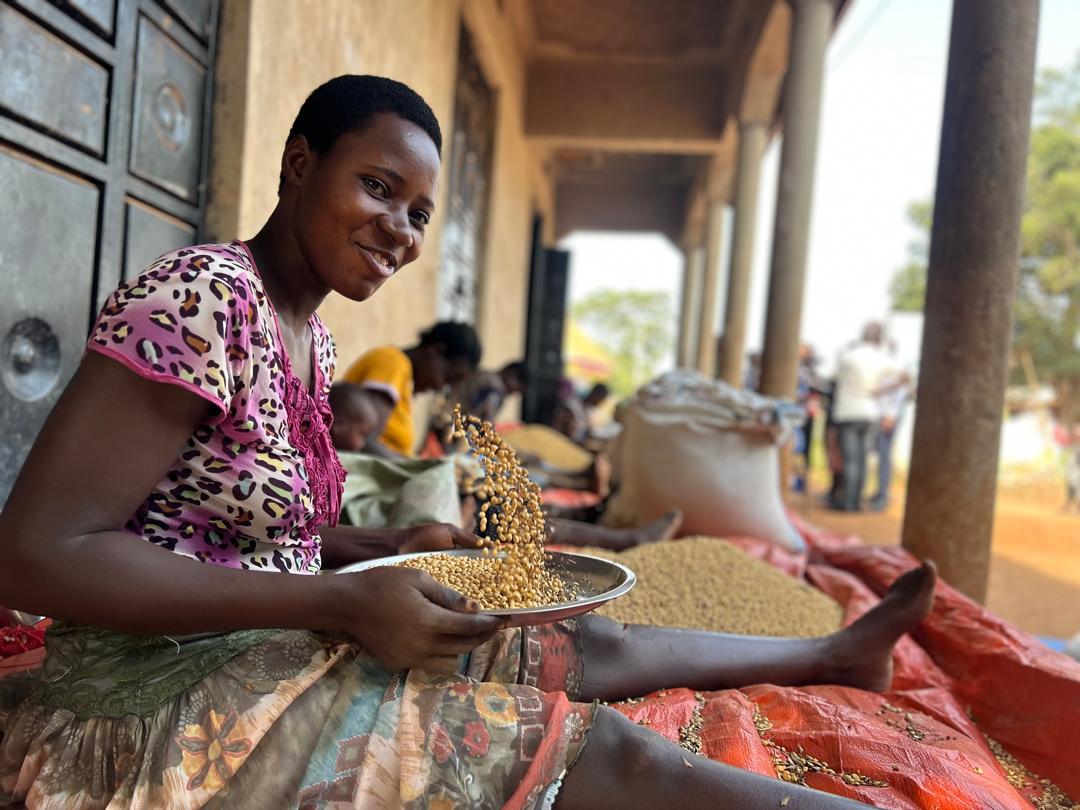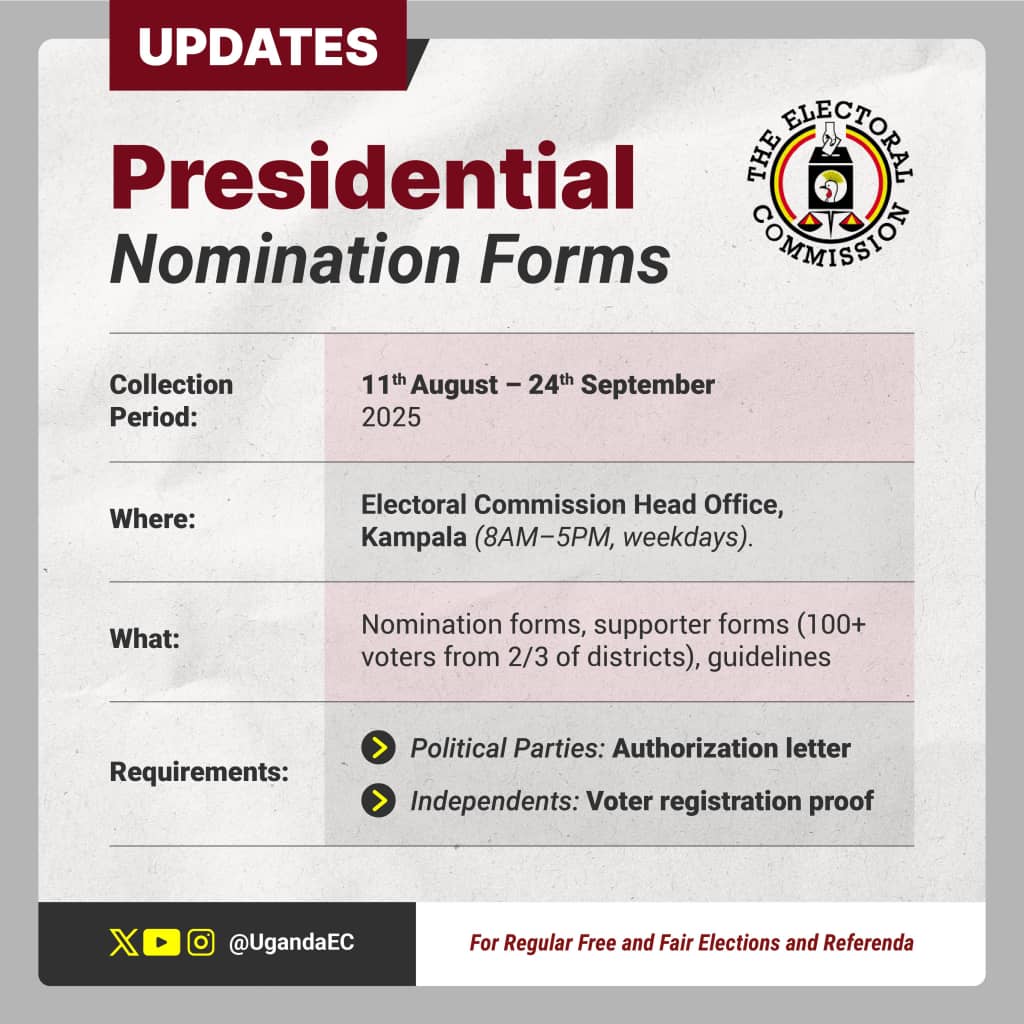Kampala, Uganda – In a effort to address sexual and reproductive health and rights (SRHR) challenges within Uganda’s Boda boda community, Reach A Hand Uganda (RAHU) has today launched a new nationwide campaign dubbed “Kwatamu Awo” in partnership with the United Boda Boda Cooperative Union.
The campaign, aims to raise awareness about SRHR issues affecting boda boda riders, who make up a large portion of Uganda’s informal workforce particularly young men.
Sheila Kasabiti, Technical Specialist for SRHR at RAHU said that research indicates that the boda boda community has often been overlooked in reproductive health programming, despite playing a key role in community dynamics and youth engagement.
“One of the most ignored groups in sexual and reproductive health is the boda boda community,” Kasabiti stated.
“Research done in 2019 showed that HIV prevalence among male boda boda riders was around 7%, higher than the national average. This makes it critical for us to engage them in conversations about safer practices, prevention, and access to SRHR services.” she said.
Kasabiti further emphasized that many young people involved in the boda boda business are both vulnerable and influential in their communities.

“When we empower boda boda riders, who interact daily with families and vulnerable young girls, we can cut the chain of transactional sex and improve our national SRHR outcomes,” sshe added.
Frank Mawejje, Chairperson of the Boda Boda Union, welcomed the initiative, stressing its relevance:
“This campaign is timely and important. Many riders haven’t had access to accurate information on sexual health. With ‘Kwatamu Awo’, we can now create awareness and encourage our members to make better, healthier decisions.”

The campaign will also include mobile clinics and testing centers at boda boda stages, in partnership with local health facilities, to provide HIV testing, counseling, and other SRHR services.
Road Safety: Another Key Concern
Michael Kananura, Public Relations Officer for the Directorate of Traffic and Road Safety, also spoke at the event, highlighting another critical issue affecting the boda boda sectorroad safety.

“Motorcycle-related crashes make up nearly half of all road accidents reported in Uganda. This includes both riders and their passengers,” Kananura said.
He noted that unsafe practices such as overloading, reckless driving, and lack of helmets continue to fuel high accident and fatality rates among boda boda riders.
“Sensitization is key,” Kananura emphasized. “Even though we enforce traffic laws daily, education remains our strongest tool. Every day, new riders enter the industry with little to no training. If we don’t continue to teach and remind them about road safety, the cycle of crashes and injuries will continue.”
He urged passengers to take responsibility as well, such as insisting on helmets and assessing the rider’s behavior before hopping on.

“Road safety is a shared responsibility,” he said. “Let us all riders, passengers, and enforcement authorities do our part to keep Uganda’s roads safe.”
The Kwatamu Awo campaign represents a multi-sectoral approach to improving not just reproductive health, but also general well-being and safety for one of Uganda’s most active working groups.

With support from RAHU, the Boda Boda Union, the Directorate of Traffic, Ministry of health, and Uganda Red Cross society, the initiative is set to roll out across major towns in the coming months, reaching thousands of riders with educational materials, testing services, and health referrals.


















